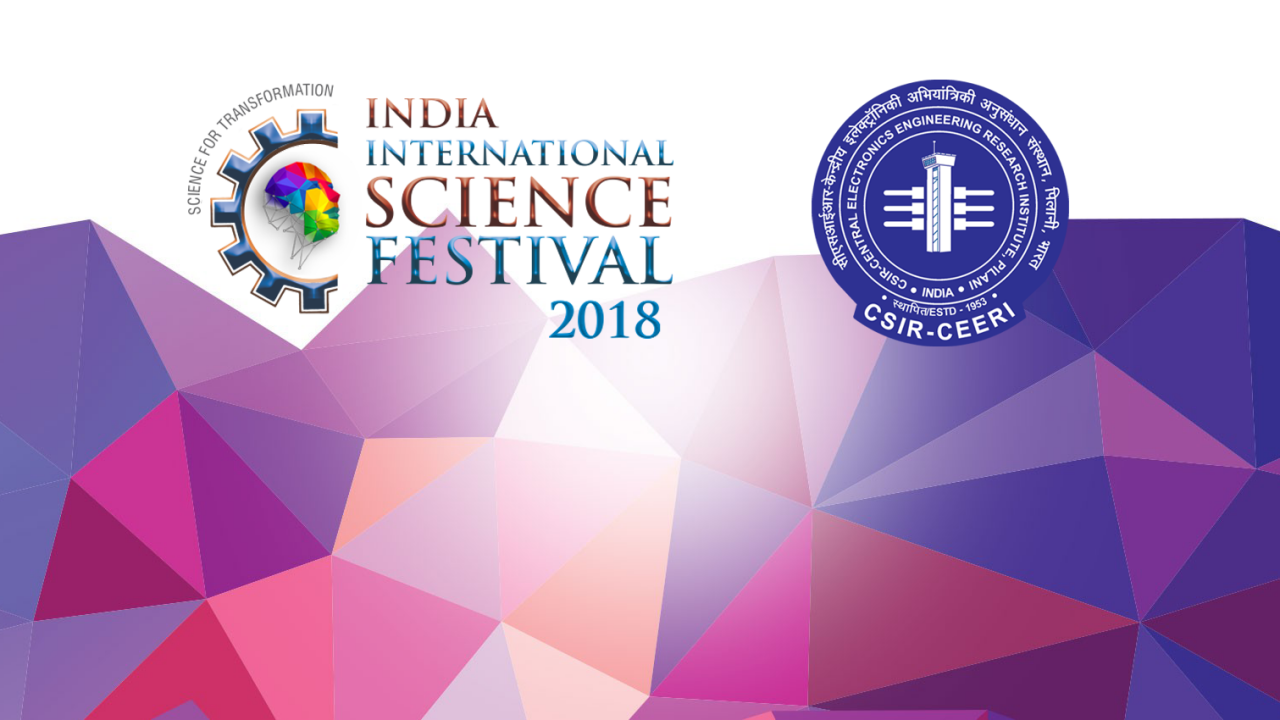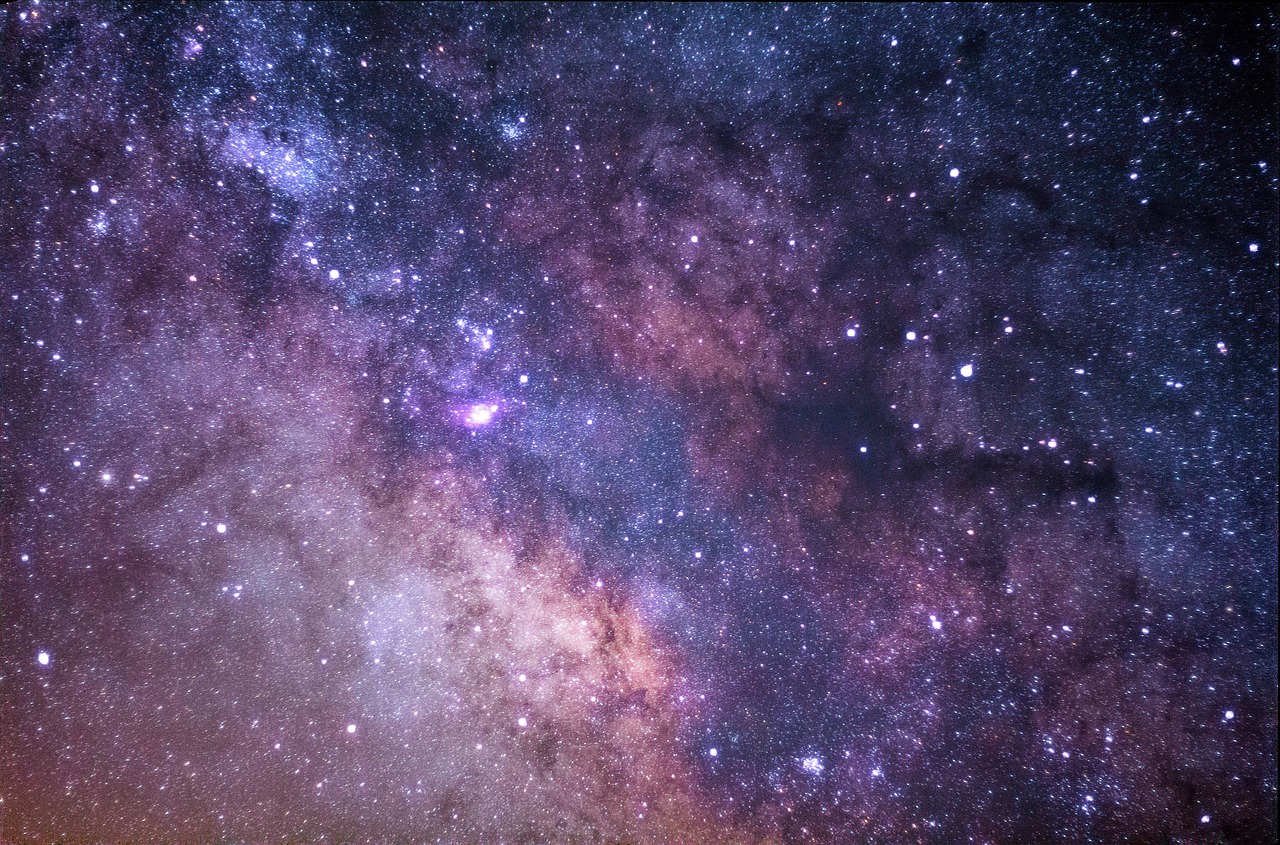The second day of the India International Science Festival (IISF) evoked a huge response from students, young researchers, teachers, and the scientific community. Speakers in different sessions discussed ways of connecting science with society.
“Science is not all about books and research work. Science is what we do on daily basis and based on observation. Small observations can make big discoveries,” said Dr. Manu Prakash of Stanford University, who has pioneered foldscope.
It is a foldable microscope that can be kept in the pocket and made available at the cost of just rupees 150 to rupees 200. Dr. Prakash was speaking at the Global Indian Science and Technology Stakeholders’ Meet at India International Science Festival on Saturday.
Policymakers spoke about connecting global researchers with Indian labs and academic institutions. “Along with government programmes, it is important that there should be citizen-driven initiatives. It should be like signal and reception both the ends working together,” observed Prof K VijayRaghavan, Principal Scientific Advisor, while speaking with India Science Wire.
“Don’t let science be in the closed environment. Researchers should think out of the box and researches should create their own niche with new ideas and products to meet societal needs,” said Dr. Renu Swarup, secretary, Department of Biotechnology.
Prof Ashutosh Sharma, Secretary, Department of Science and Technology in his address said, “it is desirable that countries work together on mega-science projects. It is like sharing the best practices together and bringing science on one platform making it available for everyone.”
A series of parallel events are being held at the IISF such as North East Students’ Conclave, Agriculture Conclave, Health Conclave Health Exhibition, Industry-Academia Interaction Meeting.
Women Scientists and Entrepreneurs conclave will be inaugurated on Sunday. International Science Film and Literature Festival was also inaugurated on Saturday. A number of science films are being screened and ways to promote science communication are on the agenda.
By Jyoti Singh
If you liked this article, then please subscribe to our YouTube Channel for the latest Science & Tech news. You can also find us on Twitter & Facebook.



